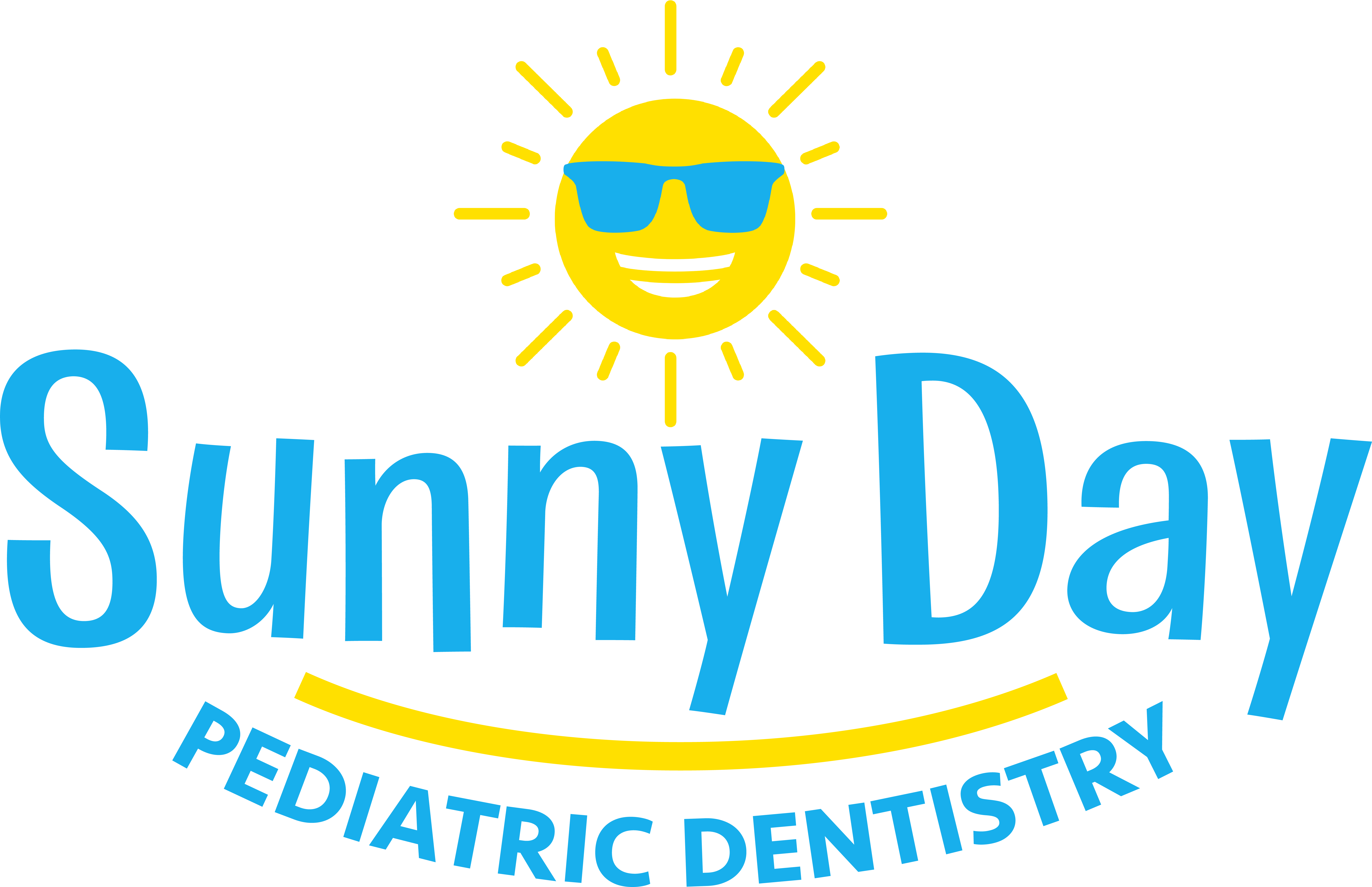1. Start brushing your baby’s teeth as soon as the first tooth erupts. If there is a tooth present, it can get a cavity!
2. Avoid putting your baby to bed with juice or milk, and brush their teeth after their last bottle of the night. Make sure that your little one’s teeth are clean and healthy to prevent tooth decay.
3. Getting your little one to cooperate during tooth brushing time can be a challenge, but don’t worry, this is totally normal. With patience and persistence, your little one will get used to the routine of brushing. Use a smear amount of fluoride toothpaste twice per day when brushing your baby’s teeth.
4. To prevent long-term growth and developmental issues, don’t allow your little one to use a pacifier after age 3.
5. Water should be their go-to drink in between meals and anytime your baby is thirsty. Juice and milk should only be given during mealtime, if necessary!


